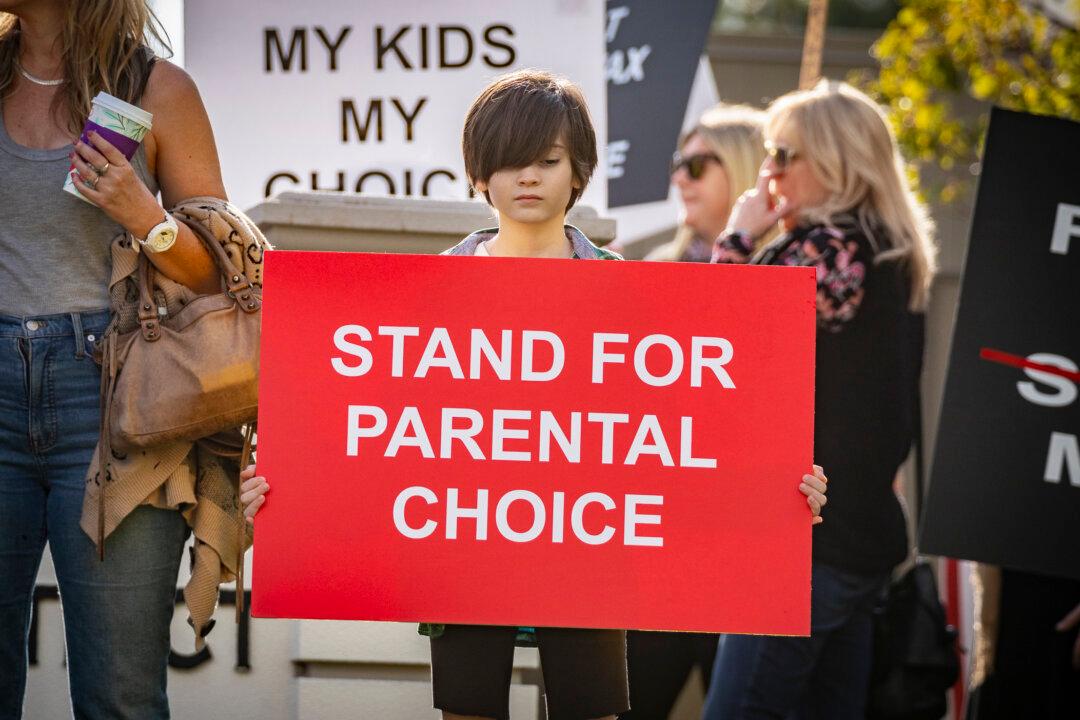A parental Bill of Rights has been drafted in North Carolina to give parents more authority over their children’s public school education as well as to encourage legislative action.
The John Locke Foundation (JLF)—a nonprofit research institute in Raleigh, North Carolina, that examines issues of freedom, personal responsibility, and limited constitutional government—wrote the potential contract between parents and school boards to sway lawmakers who could guarantee parental collaboration with school boards through legislation.





